Discover the amazing role that orchid bees play within ecosystems and the fascinating facts you learn while studying them in the remote Peruvian Amazon.
With the launch our new Orchid Bee Guide for the Manu Learning Centre, we’re celebrating the small and beautiful insects that so often go unnoticed in the quest for larger jungle wildlife.
These overlooked creatures play an integral role as pollinators and ultimately ensure the resilience of a rainforest ecosystem.
This easy-to-use guide, with stunning photography aims to spark people’s interest and curiosity while giving them the means to go out and learn more.
Please read the guide here
We caught up with one of the authors of the guide, Laura Allen, to find out what makes orchid bees such important research subjects.
Laura, a PhD researcher at the University of Glasgow, is studying how insects perform as indicators of an ecosystem’s health and what they can tell us about the biodiversity value of different habitat types.
What inspired you to specialise in studying insects and their role within ecosystems?
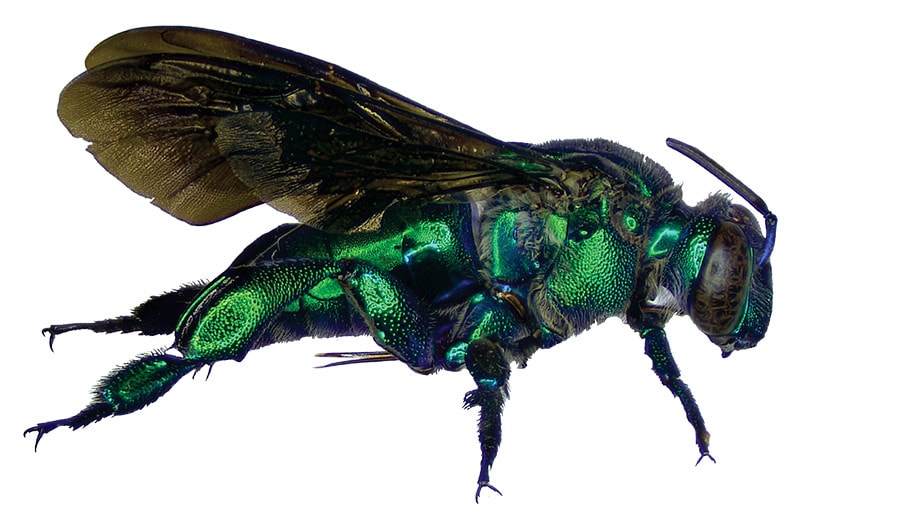
I love the complexity of it especially in the rainforest! There are so many species of insects (with huge numbers still to discover), and very intricate interactions between plants, insects, vertebrates, and all the other components of the ecosystem, and I find the interdependence of all these things very elegant.
I also find it a bit alarming that we know so little about these interactions, yet we are pulling at the threads of this complex web, losing species and habitats, and we dont fully understand the consequences of that, or how we can minimise the damage.
During your work studying orchid bees, what are some of the most fascinating facts you’ve learnt?
Male orchid bees are so keen to get a good collection of perfumes, that they will even raid the perfume storage pockets of dead rivals. Also, only female bees sting, so when you are collecting male bees, you can hold them in your hand and feel them buzzing furiously it really tickles!
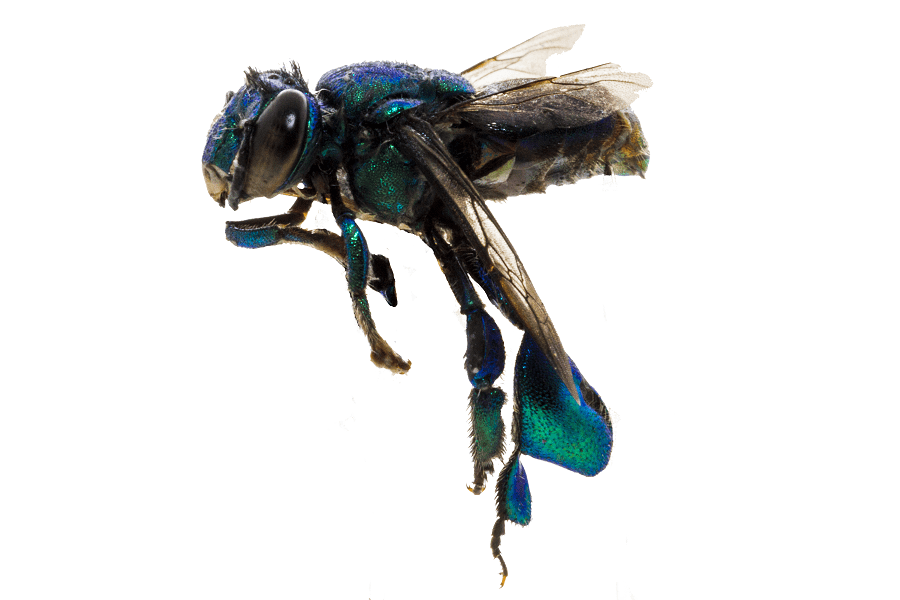
Some of the orchid bees have incredibly long tongues (much longer than the length of their bodies), and this allows them to access deep flowers that other insects cant get in to this results in very specialised relationships between the plants and their pollinators, and important dependencies between them.
What role do orchid bees have within an ecosystem and what can this tell us about forest disturbance and ecosystem function?
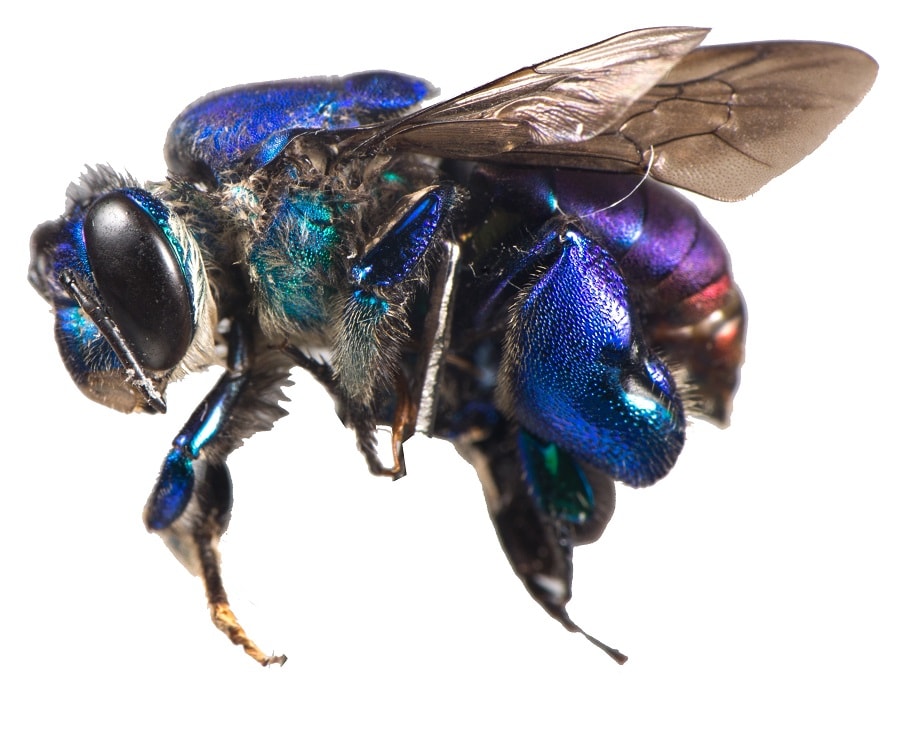
Orchid bees are important pollinators they are the main pollinators for many orchid species, which wouldnt be able to reproduce without these bees. They also pollinate many other plants, including species that are important for humans, such as the Brazil nut tree and some crop plants such as coffee, rubber and passion fruit.
If forest disturbance such as logging and clearance for agriculture results in a loss of orchid bees, the important pollination services they provide will be lost, and that will have a knock-on effect on the plant species that depend on them, and ultimately reduce the resilience of the forest.
What motivated you want to create an Orchid Bee Guide for the Manu Learning Centre?
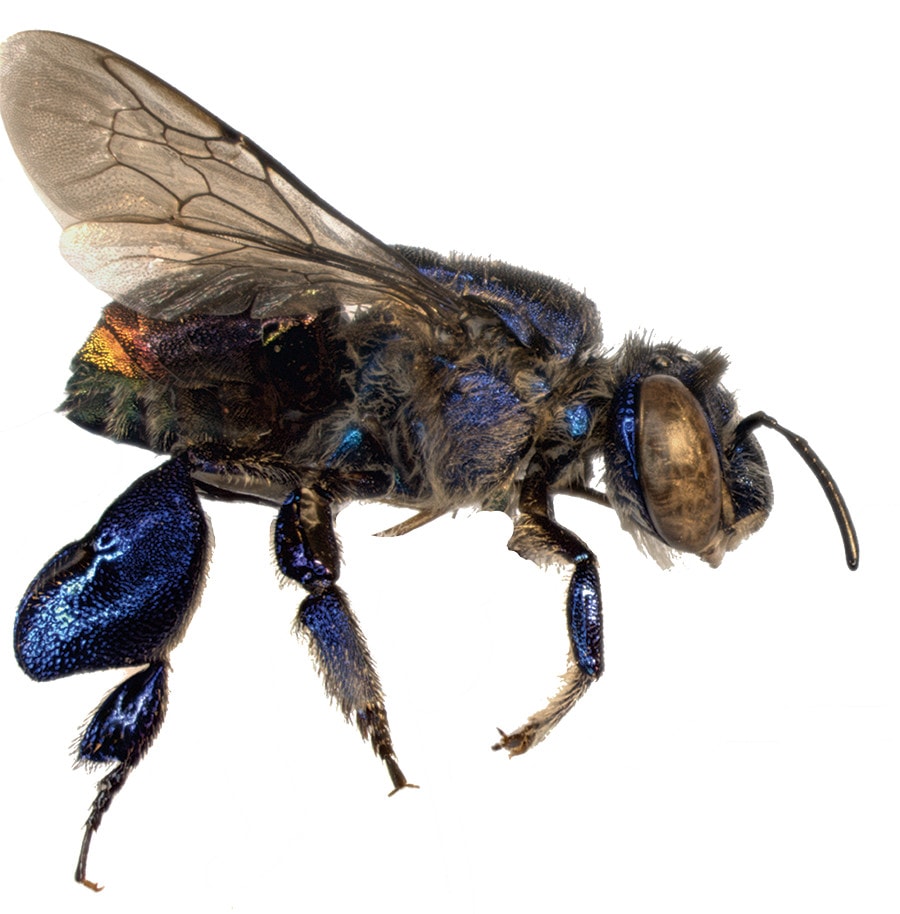
Our team has produced several handy guides in the past and Ive seen how useful these are for people who want to begin learning about a new group.
They are a fantastic way of engaging people, with many people starting off by casually flicking through the pages and looking at the pictures, and this sparks an interest to go out and learn more.
For the orchid bees, the information is quite scattered and much of it is very specialised, so we thought that a brief introduction might be ideal for the generally curious, or provide a helpful starting point for those people that are keen to begin studying orchid bees in greater depth.
What do you hope will be achieved by the guide?
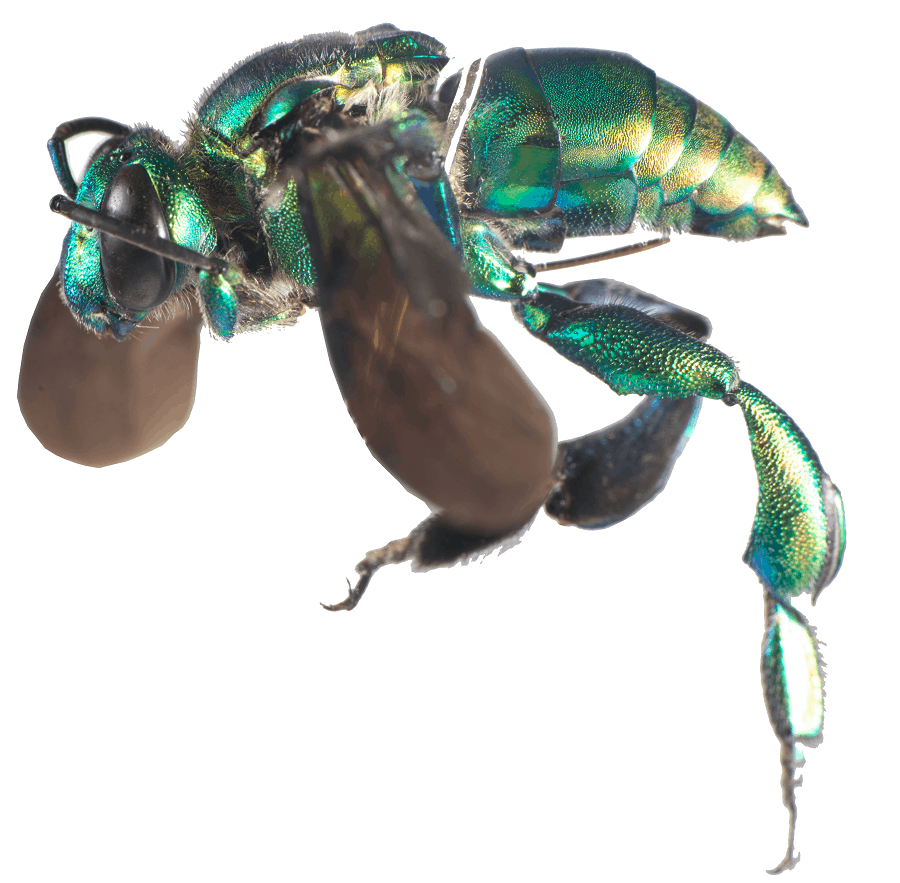
I hope it will lead to more people noticing these and other small, beautiful insects that are encountered every day in the rainforest but so often overlooked they can provide a lot of delight once you begin to pay attention, but too often people are distracted by the quest for larger jungle wildlife.
I also hope it will be a useful tool for those who want to learn more about tropical insects, including a few who might go out and do their own studies on these fascinating bees.
Is there a gap in scientific knowledge around orchid bees and, if so, what are some of the reasons for this?
There is definitely a gap. There is so much more to learn about their ecology, taxonomy, distribution and their conservation. However, this is unfortunately true for most tropical insects there are so many of them and simply not enough people working on them, or enough funding provided to support research in this field.
Orchid bees are probably the best studied group of bees in the Neotropics, and yet most of the work so far has been carried out by only a handful of researchers, although thanks to their publications it is easier for new people to come in and build on that work.
Why did you want to carry out your research in Manu Biosphere Reserve?
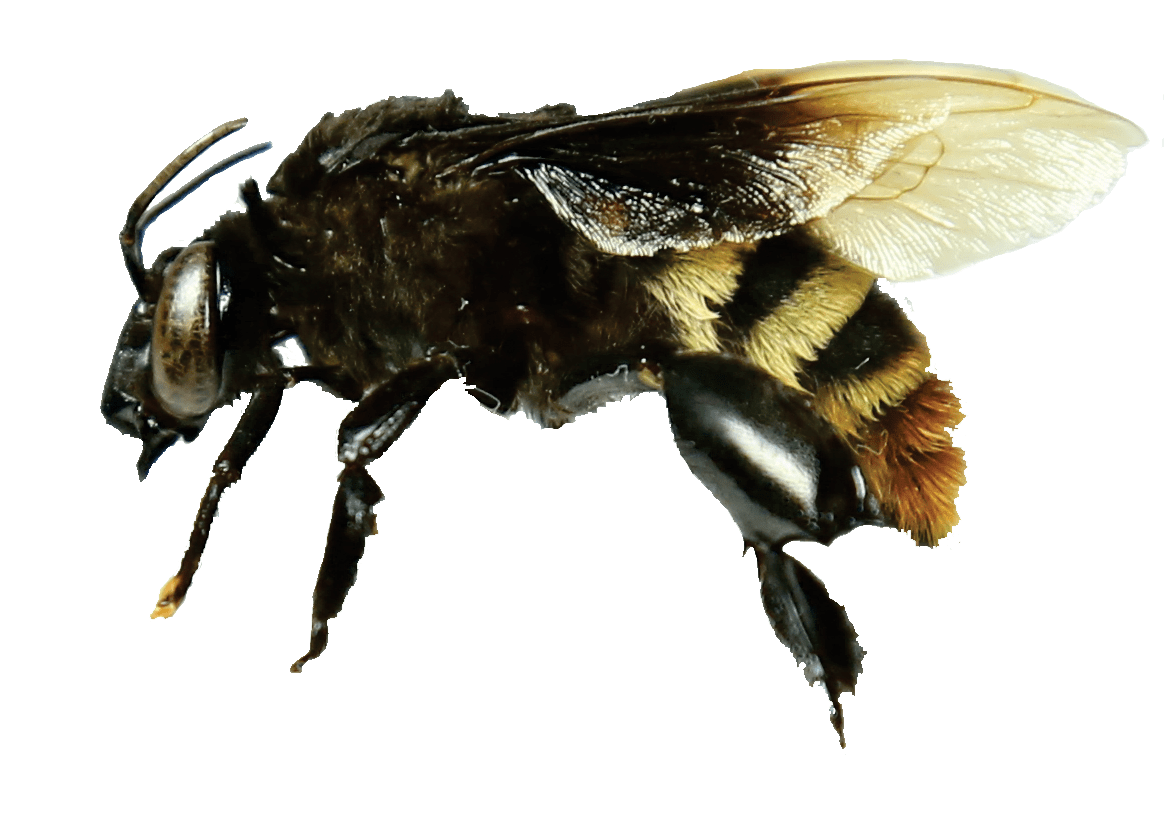
Ive always wanted to work in the Amazon rainforest, so having the opportunity to come out and work here fulfilled a lifelong goal. Manu is particularly special because it is one of the most biodiverse places in the world, with such a wealth of wildlife and cultural diversity. There is still so much to be discovered, making it a high priority for conservation.
How do you think we can best tackle the threats facing Manu?
I think a combination of scientific evidence, education and communication is essential. This includes building up a good base of scientific evidence to inform policy, communicating the importance of protecting these areas to policymakers, and providing education so people can develop the skills needed to get involved in research, conservation and policy, both locally and globally, as well as encouraging people and companies to reduce their impact on the environment.
What is the best part of being a research scientist?
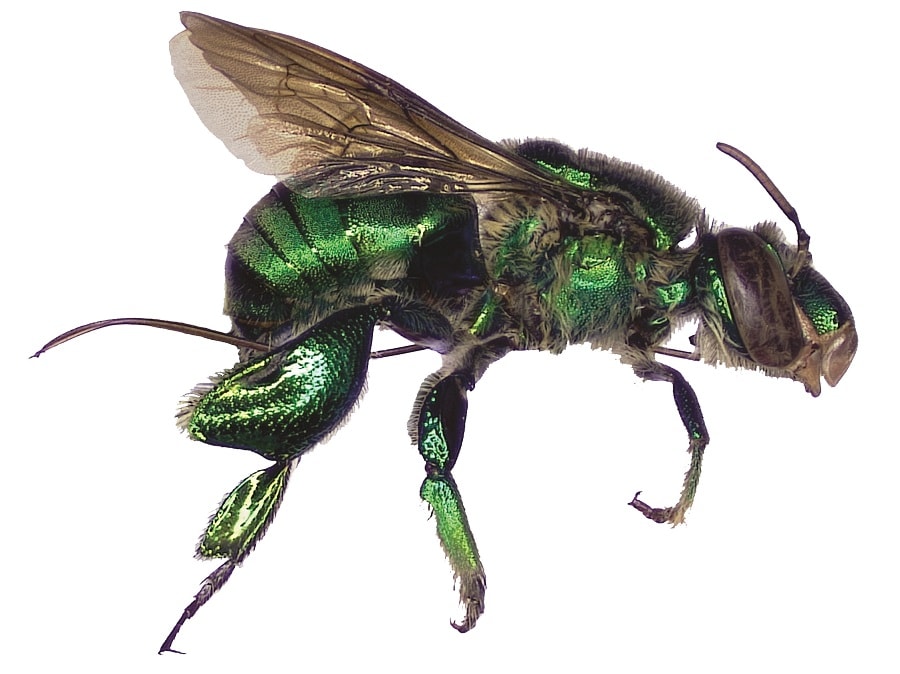
Theres a lot of freedom to explore you find an idea that excites your curiosity and then figure out ways to test it and try to learn something new. Theres a lot of opportunity to try new things and be creative.
Theres also a lot of variety in the job; you could be doing data collection out in the rainforest one day outdoors and surround by wildlife and a few weeks later be sat at a desk problem-solving and programming your analyses or writing up your results. Then another week you might be at an international conference hearing about all the other exciting work going on in your field and meeting people who work on a fantastically broad range of subjects.
What has been your most rewarding professional experience to date?
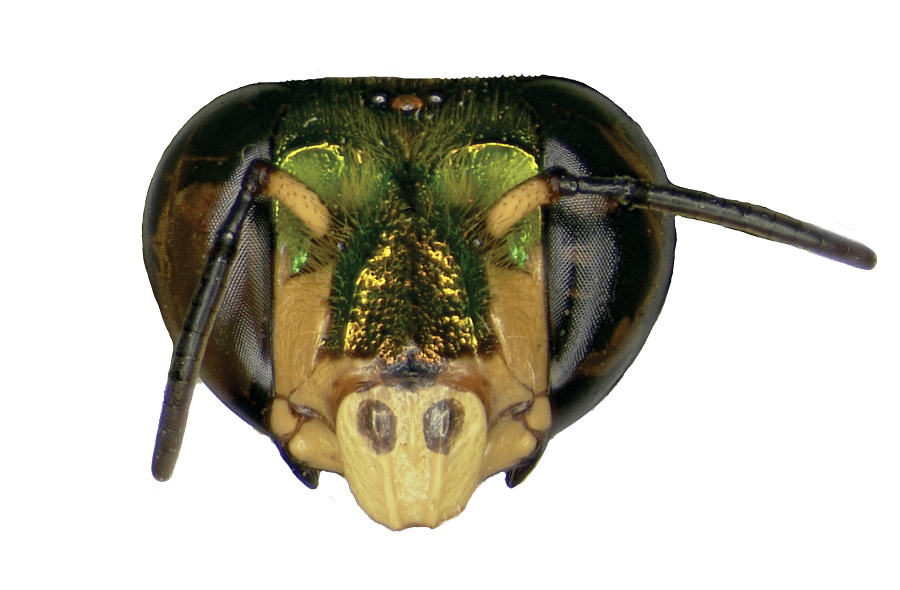
I really dont know. I have really enjoyed taking part in various research expeditions; I did a few during my undergraduate degree that really inspired me to pursue a career in research, and took part in a couple of others during my PhD. I love going out and exploring new areas and not knowing what you might find, and I have many fond memories from these trips.
Another key moment was when I got my first real job in conservation research in the Amazon, which was as a field staff member with Crees a few years before starting my PhD. It was a very small team back then and the work was intense, but I loved it, so I continued on that career path.
What do you find challenging about your work?
It can be difficult to fully plan how things are going to go, there are always unexpected obstacles to work around, especially when you have to coordinate with lots of other people and events, and take uncontrollable factors such as weather into account. You have to be flexible and adaptable to changing circumstances.
What advice would you give to someone who wants to get involved in conservation?
Its an area that needs more support, so I would encourage anyone who is passionate to pursue it, although it is a very competitive field, and requires a good deal of resilience and hard work.
Id recommend trying to build up experience in whatever way you can, and some good entry points include getting work assisting someone with their research, or through education (including short courses) or volunteering opportunities.
Many people find volunteering inaccessible due to time or money, but there are lots of local volunteering projects that provide valuable experience and require smaller time commitments.
However, if you are desperate to travel, international conservation volunteering projects can be a great way to find adventure.
